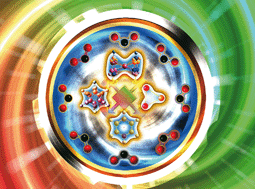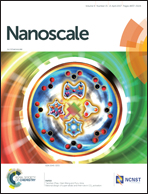Rational design of super-alkalis and their role in CO2 activation†
Abstract
Super-alkalis are clusters of atoms. With ionization potentials smaller than those of the alkali atoms, they are playing an increasing role in chemistry as highlighted by recent applications in solar cells as well as in Li-ion batteries. For the past 40 years superalkalis were designed using inorganic elements with the sp orbital character. Here, we show that a large class of superalkalis composed of only simple metal atoms, transition metal complexes as well as organic molecules can be designed by making use of electron counting rules beyond the octet rule. Examples include Al3+, Mn(B3N3H6)2+, B9C3H12+, and C5NH6+ which obey the jellium shell closure rule, the 18-electron rule, the Wade–Mingos rule, and Hückel's aromatic rule, respectively. We further show that the ability of superalkalis to transfer an electron easily can be used to activate a CO2 molecule by transforming it from a linear to a bent structure. These results, based on density functional theory with generalized gradient approximation for exchange–correlation potential, open the door to a new class of catalysts for CO2 activation.



 Please wait while we load your content...
Please wait while we load your content...